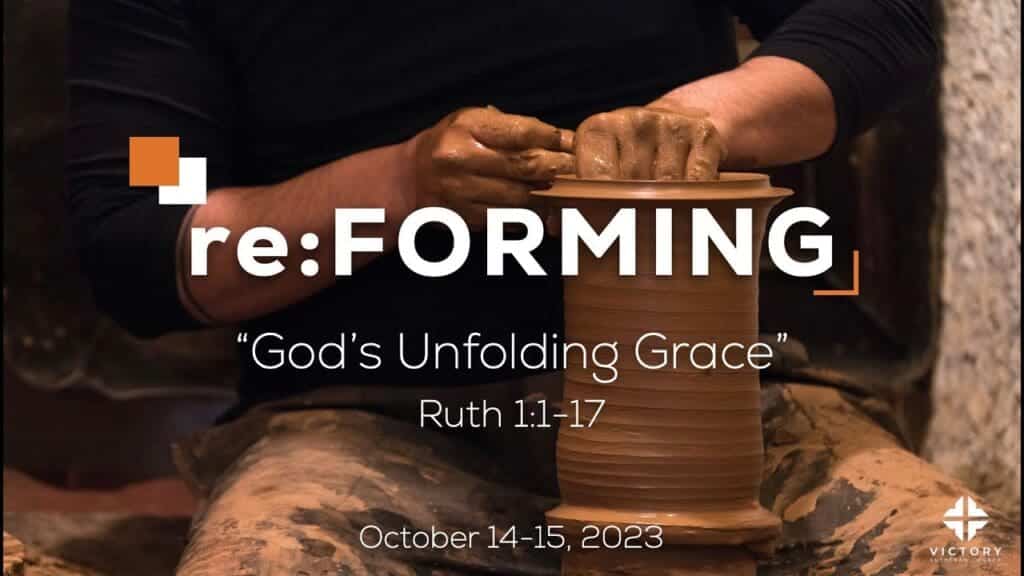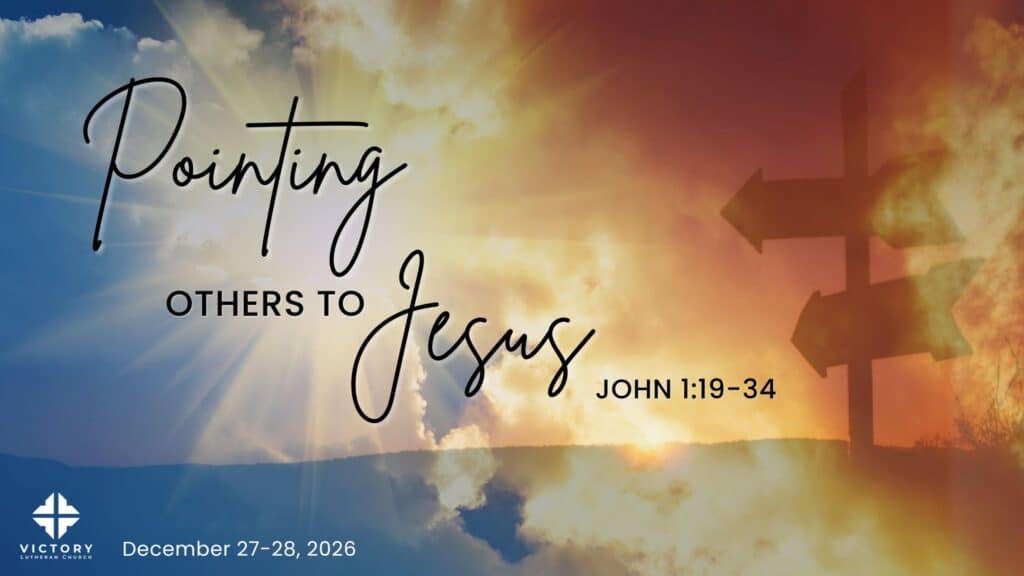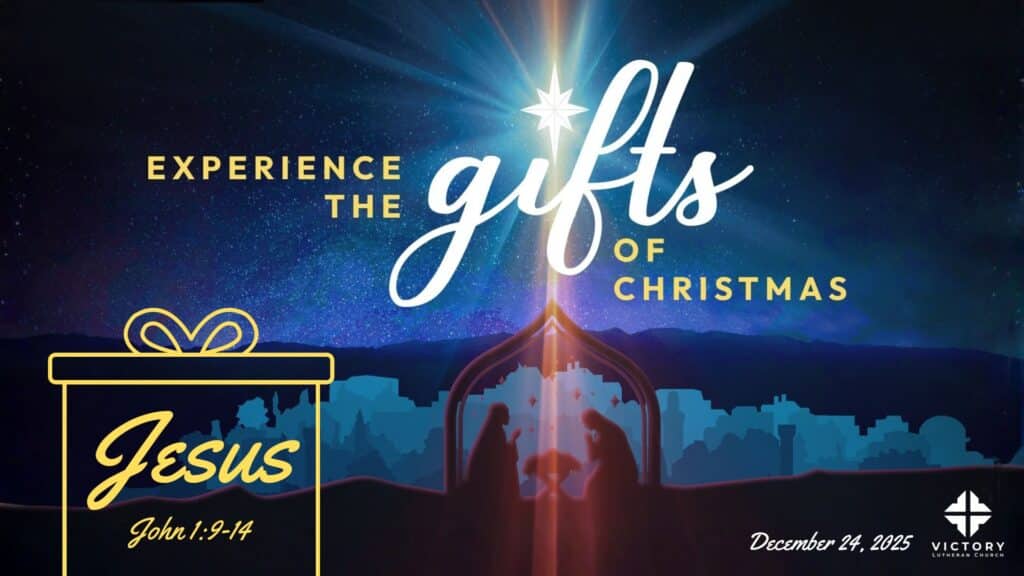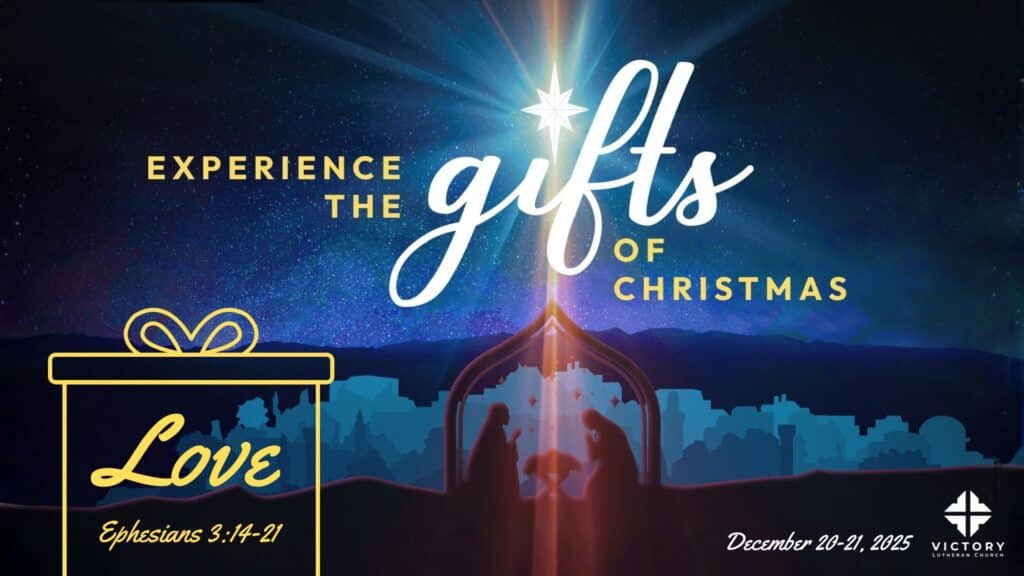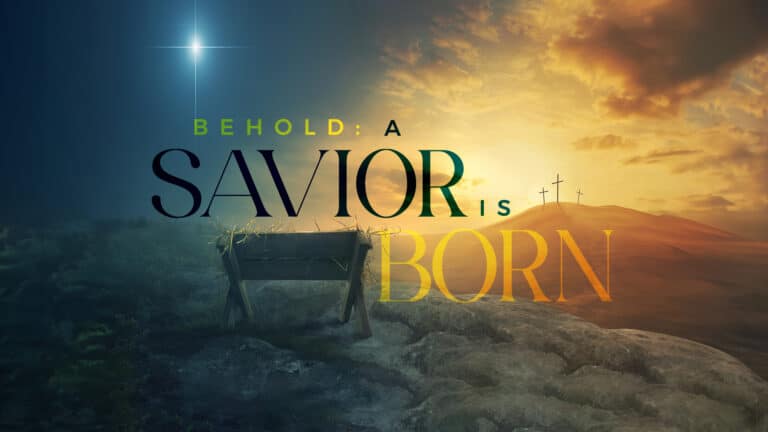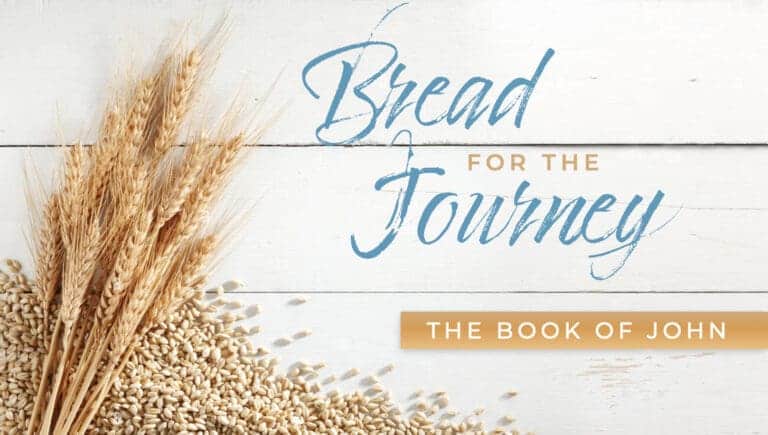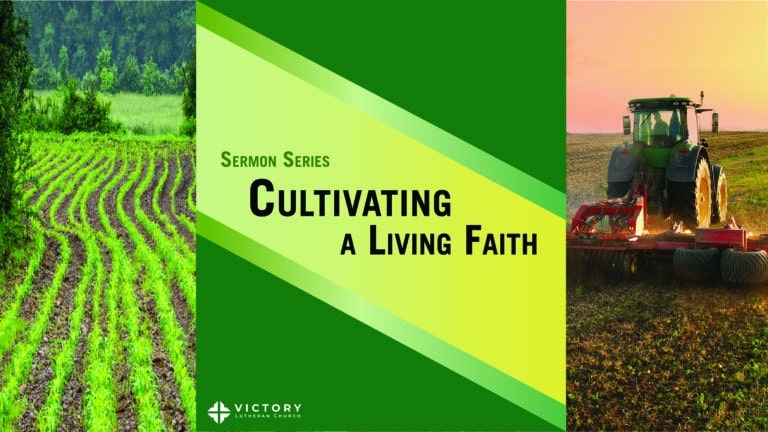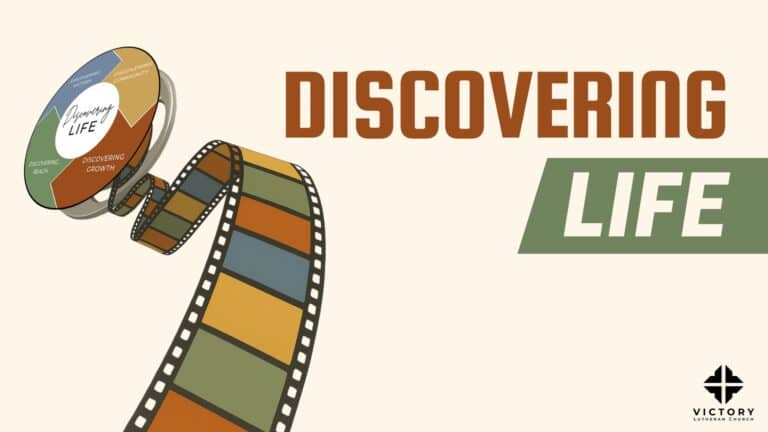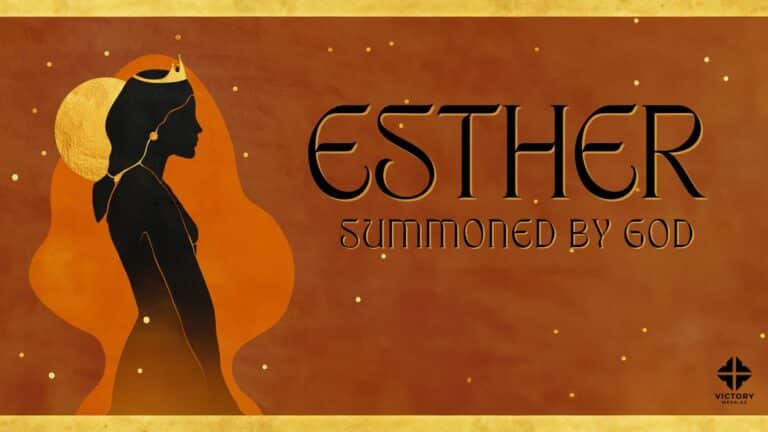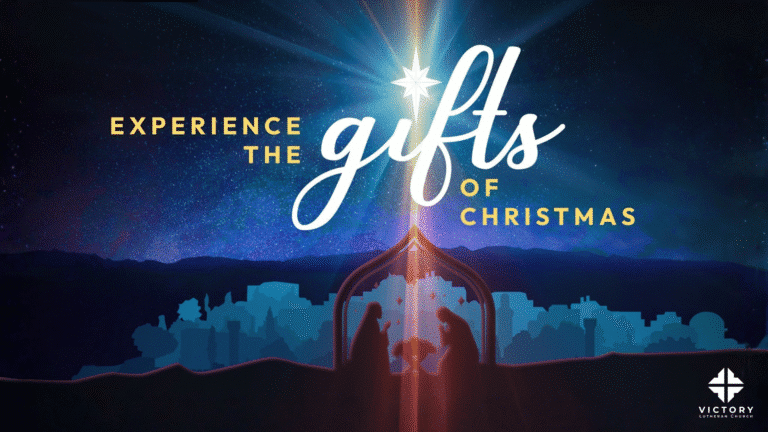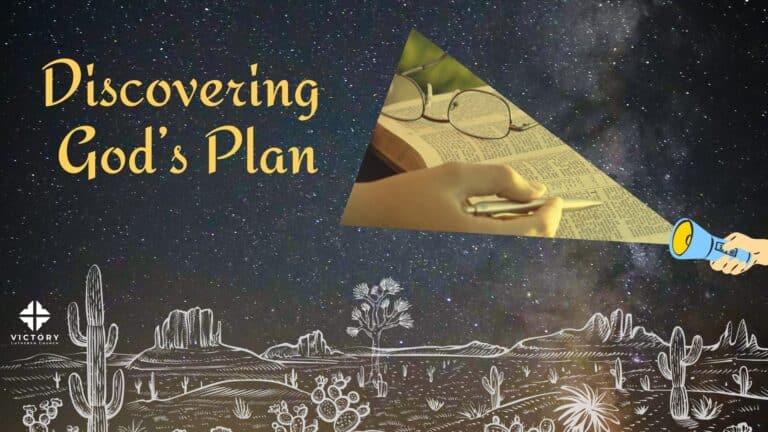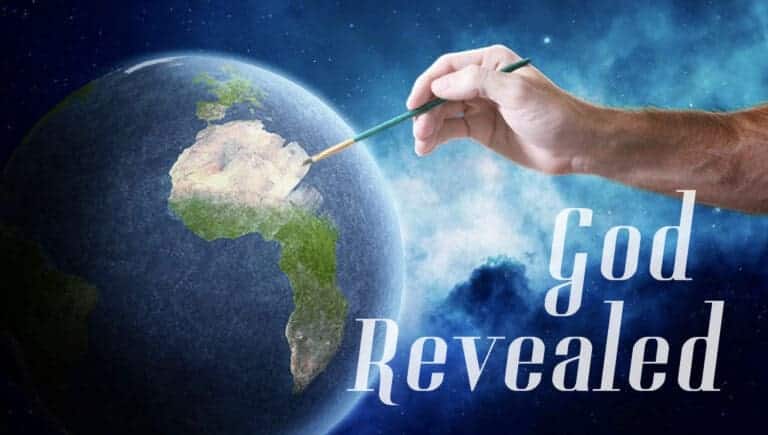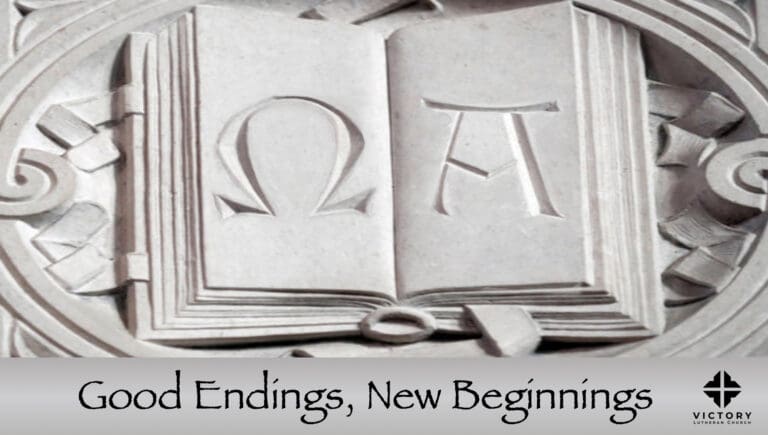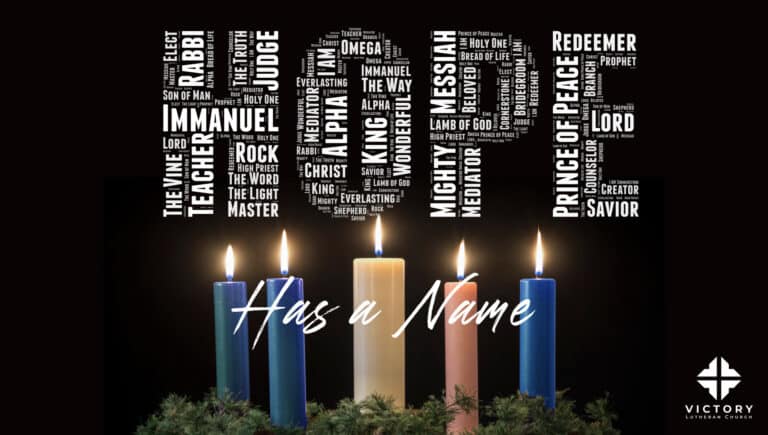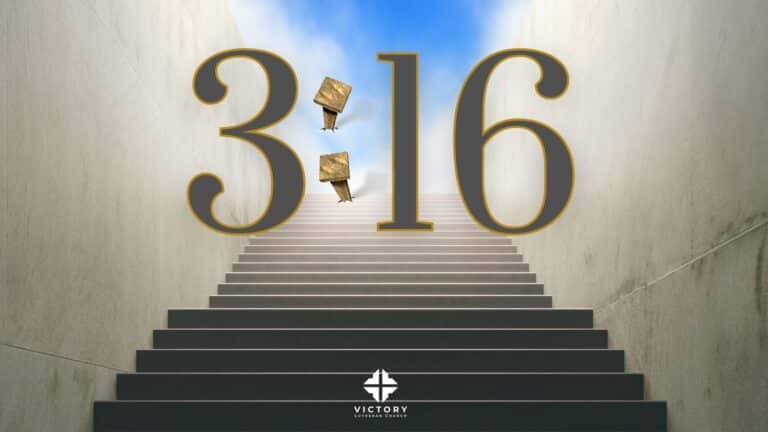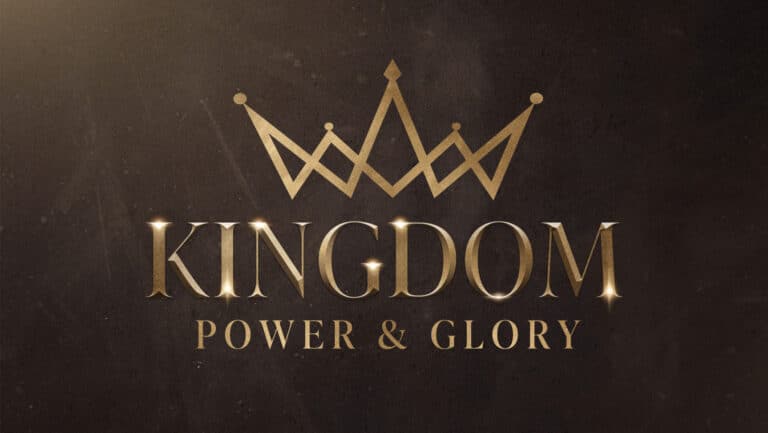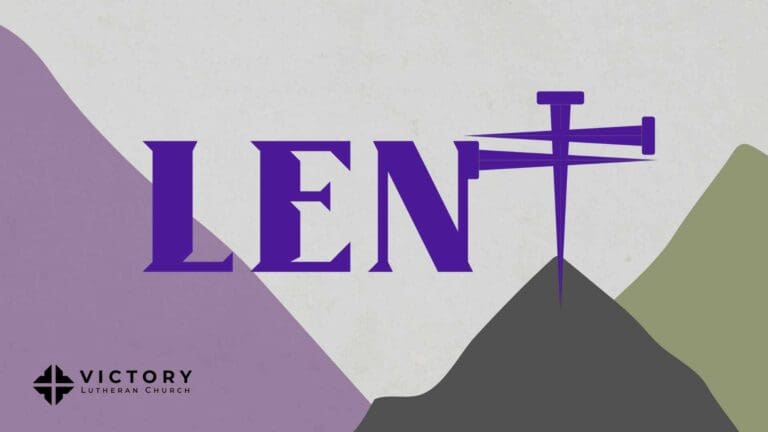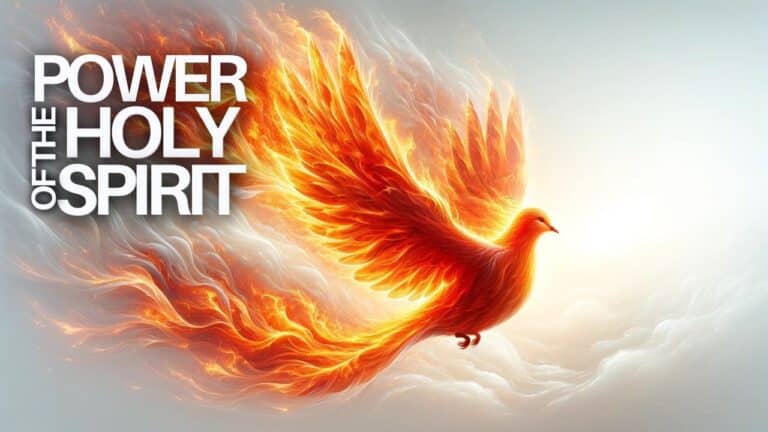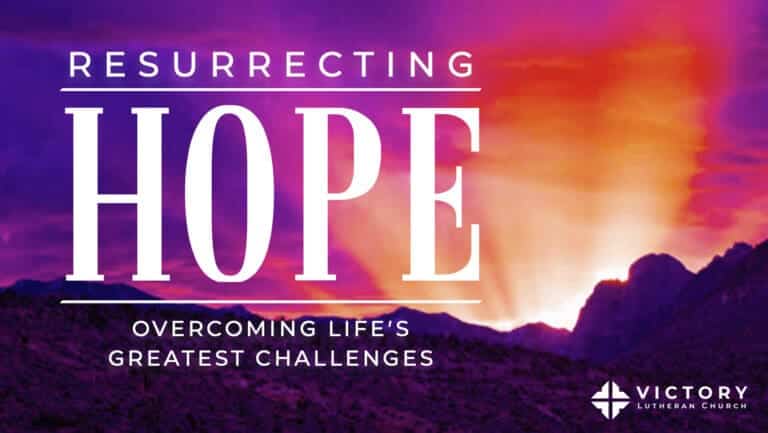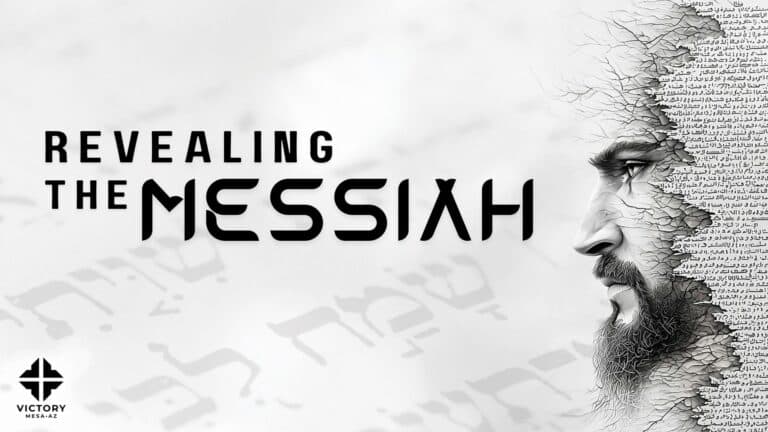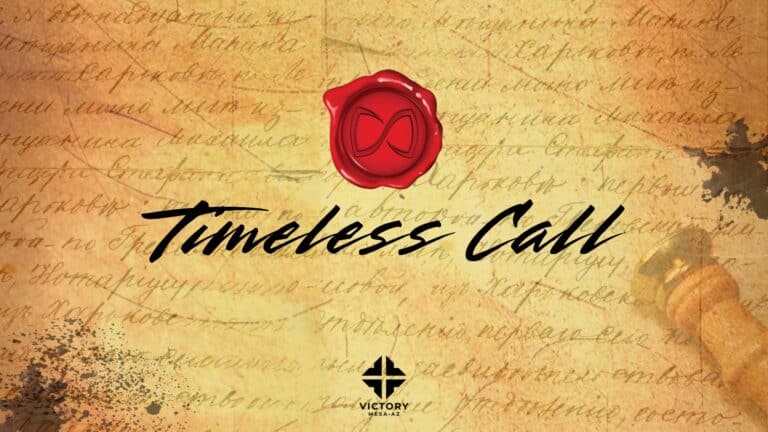Dear friends, grace to you and peace from God, our Father and our Lord and Savior, Jesus Christ, the true sacrifice one Kings chapter 18, it reveals a powerful truth. of sacrifice and worship. This narrative that Darla just read for us from 1 Kings chapter 18, it’s set against the backdrop really of a great spiritual battle going on in the northern nation of Israel. And it really illuminates the essence of true sacrifice. And so as we delve into this ancient story, we’ll uncover symbolism. That’s embedded in it, and then ultimately recognize Jesus Christ as the one true sacrifice. Let me set the context for what we just heard. Last weekend, if you’re following us here in person or online, we looked at the account where the nation of Israel, after Saul, David, and Solomon was divided in two into a northern kingdom, ten tribes, and a southern kingdom, two tribes. And in the northern kingdom now, this is where this occurs with Elijah and the prophets of Baal. This spiritual crisis had just plummeted the nation into false worship, especially now under the reign of King Ahab and Queen Jezebel. I mean, hitting a low mark just a short 75 years from when the nation was divided to today’s text.
And so as we read, even around this text in the next chapter, we’ll learn, for example, that in the Northern Kingdom, about four to five million people As a part of the nation, there were only 7, 000 true worshipers yet of Yahweh. And that’s about one, or it’s about two, almost two one thousandths of a percentage of the population still worshiping the true God. Take that ratio, if you like, in the U. S., about 330 million, and you’re at about 190, 000, maybe a couple hundred thousand Christians. That’s it. And that was the spiritual state. of the Northern Kingdom at the time of this episode. And so, this confrontation between Elijah and these prophets of a false god, Baal, it occurs in a location on Mount…
Mount Carmel. Now, let me just try to see if I can set the picture in your mind. You guys are familiar with the four corners here in the U. S., right? Arizona, Utah, Colorado, New Mexico. Well Mount Carmel, it’s in the Northern Kingdom, and it’s really at the four corners of four tribes in Israel. Asher, Zebulun, Issachar, and Manasseh. It’s actually a pretty strategic location for such a national showdown. And Mount Carmel itself, it’s a mountain range in northwest Israel, about 16 miles long, about 95 miles it covers. The mountain at its highest point is about 1, 800 feet above sea level. And its seaward side almost reaches the Mediterranean. So along comes this prophet. of the one true God, Elijah, whom King Ahab calls, Is that you, Mr. Troublemaker? Boy, he’s not on the right side with the king, is he? And actually for good reason. You see, the northern kingdom was already three years into a severe drought, right? And it’s actually one that Elijah had prophesied and God had delivered. And so this confrontation, yeah, it’s between Elijah and Ahab. It’s between Elijah… And the prophets of Baal. And interestingly, the drought ends soon right after our account today. Verse 30 tells of Elijah repairing the altar of the Lord. An altar to the Lord that had been torn down. Note, it was torn down. It wasn’t lying in ruin because of neglect or the elements or animals or anything like that. Rather, there was such a spiritual decline in the Northern Kingdom that someone destroyed it. intentionally. So it was Elijah versus 450 prophets of Baal on this mountaintop with the northern kingdom of Israel called to gather. And it’s Elijah against these false prophets of the god Baal, which is a Canaanite god that plagued Israel for its whole existence. And it was also a proxy battle between Elijah and King Ahab and Queen Jezebel. But ultimately, it was a victory of the one true God over the false gods of the land and of the people’s hearts.
In studying this text, I found it fascinating. That there are actually connections in our text today with the covenant promises that God has made to his people that we’ve looked at over the last number of months. There are at least three connecting points I want to point out today found in verses 30 and 31. Let me read those verses again. Then Elijah said to all the people, Come here to me. They came to him and he repaired the altar of the Lord which had been torn down. Elijah took 12 stones, one for each of the tribes descended from Jacob, to whom the word of the Lord had come, saying, Your name shall be Israel. Now don’t just kind of let that be read. Let’s think about it a little bit. First, Elijah, he he built or repaired the altar using 12 Stones and we’ll get to that in a bit and then in the name of the Lord and now it’s in English But in Hebrew, it’s the word Yahweh The first time of which God revealed himself was with that name was to Moses And the burning bush, Yahweh. I am who I am. Holy name of God. And it’s also the name that the Lord used when giving the decalogue and the commandments at Sinai. In fact, where Moses and the burning bush occurred, Mount hob, biblical scholars tell us it’s the same place as Mount Sinai. It’s where God revealed himself as Yahweh. I am who I am. And we looked at that back with the Exodus. of the people of Israel out of Egypt. And so, Elijah’s actions connect the scene here at Mount Carmel with the God who delivered the Israelites from slavery in Egypt. It’s like he’s reminding them, calling them back to remember who they are and who they had forgotten. Where God had established not just his identity to them, but a relationship of covenant. of his love and care. Second, Elijah uses twelve stones. The text is very specific, and intentionally so. For this harkens back to when Israel finally entered the promised land under the lead of Joshua. God stopped up the waters of the Jordan River. The people walked by the Ark of the Covenant and held by the Levites. And as soon as the Levites crossed back, the waters covered back over. But before it did, God said, Take twelve stones from the Jordan and create a monument there on the bank so that generations to come will remember what I did for you here.
Apparently, their memories weren’t very good this far out. And Elijah uses twelve stones as a reminder, again, of who they are and who their God is. And third, the words which Elijah speaks as he builds the altar, these are the words with which God blessed Jacob, right? So we have this God of Abraham, Isaac, and Jacob. That’s the name that is called upon throughout the Old Testament. Covenant promises made to each. And in a message a few weeks back, we looked at when Jacob wrestled with God, he’s very fearful, and God finally had to dislocate his… Hip and said, you know what you’re going to be called not Jacob anymore, but Israel because you’ve wrestled with God And so that’s what the nation is called after that third generation Patriarch Jacob who would become Israel and in fact even in Elijah’s prayer. He prays to the God of Abraham Isaac and nope not Jacob Abraham, Isaac, and Israel, intentionally, again, calling God’s people back to remember who they are, and even more, who their God is. And so Elijah’s actions and victory at Mount Carmel are tied directly to God’s covenant promises that he made to his people, back with Jacob, Moses, the exodus, and the promised land. We could, I could stay with you all morning and talk more on this, but don’t worry, I won’t. But I do want to kind of close in on this one item, and one that I think could be easily missed with a casual reading. It’s in verse 38. Then the fire of the Lord fell and burned up the sacrifice, the wood, the stones, and the soil, and also licked up the water. And I mean, I’ve heard this story from a child on, and I’ve always been fascinated with the, wow, what fire that would actually even lick up the water. Three times Elijah said, just douse it with water, and isn’t that amazing? But did you note that it also burned up the soil and the stones? Not just the sacrifice and the water, but the stones even, that Elijah had intentionally used to rebuild the altar, representing each of the twelve tribes of Israel, that fire even consumed the stones, leaving nothing of the altar or the offering. All was consumed. And from this, I take this one point, that in the end it’s not about the altar, the sacrifice. I mean, it’s important as worshipers how we come with a heart’s attitude. For the Old Testament ceremonial law, very important of what the sacrifice was to be.
But here in today’s account, all of it’s just burnt up by God’s consuming fire. And so I think the key is that it’s not as much about the sacrifice, what we come to offer God, but it’s what God comes to offer you. As he burns up all of what, he burns up all of our sin. That’s really all we can bring to him, and he does it because of Jesus Christ. And so, it’s God in the end. That’s the, that’s the true focus, and in fact, here’s my main point. If you take one thing from today’s sermon, it’s this, I pray, that the true sacrifice is Jesus Christ. You know, John the Baptist said this about his cousin, Jesus, when Jesus was first starting his public ministry, Behold the Lamb of God, who takes away the sin of the world. The Lamb was such a key animal of sacrifice in the Jewish Old Testament system. And now John says, look, here’s Jesus, the Lamb of God, who takes away the sin of the whole world. In other words, Jesus is the fulfillment of the Old Testament sacrificial system. But He’s more than a symbol. He’s more than an example. He is the ultimate and true sacrifice of God. Once for all. Here’s how the writer of the book of Hebrews put, puts it. But when Christ came as the high priest of the good things that are now already here, he went through the greater and more perfect tabernacle that is not made with human hands. He entered the most holy place once for all by his own blood, thus obtaining eternal redemption. How much more then will the blood of Christ Who through the eternal Spirit, offered himself unblemished to God, cleanse our consciences from acts that lead to death so that we may serve the living God. Dear friends, this narrative is not just a historical account of a great victory for God, though it is, but it’s actually a profound foreshadowing of the ultimate sacrifice that God has provided his son Jesus Christ, the Lamb of God who takes away the sin of the world.
So today, as we prepare our hearts to come and meet with Jesus at his table, and there receive his broken body and blood, the benefits of which are ours through faith in Christ, let us come knowing that, yeah, we, we come in humility and in confession. And God consumes our sin because of His Son, Jesus Christ. And then has declared you free and given you new life now and the promise of resurrection life to come. So prepare your hearts now, remembering the words from Hebrews chapter 12. Therefore, since we are receiving a kingdom that cannot be shaken, let us be thankful. And so worship God acceptably, with reverence and awe, for our God is a consuming. Join me in prayer. Living God, we bow down before you in our hearts, in reverence and awe, in worship. And Lord Jesus, with gratitude from the depths of who we are, we say thank you for being our sacrifice that takes away our sin. And so now as we come to your table, strengthen our faith in you, purify us from false belief or religion, and rather let us rest in the relationship you’ve established with us, at great cost to you, but given to us freely and fully, through Jesus Christ, your Son and our Lord and Savior. In his name I pray, Amen.






